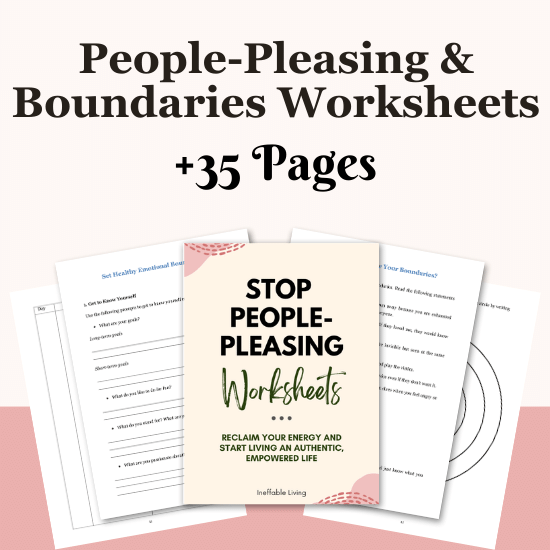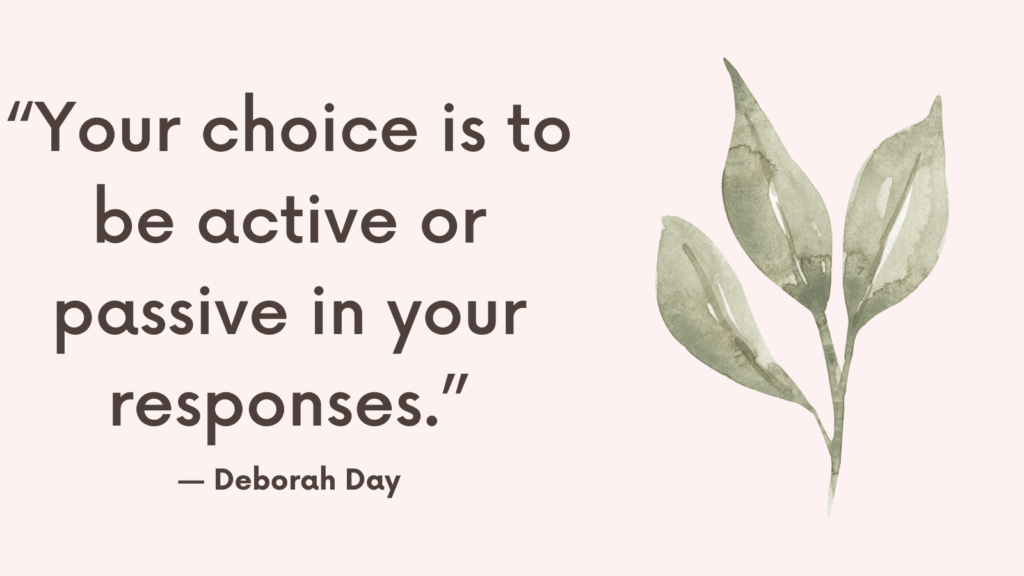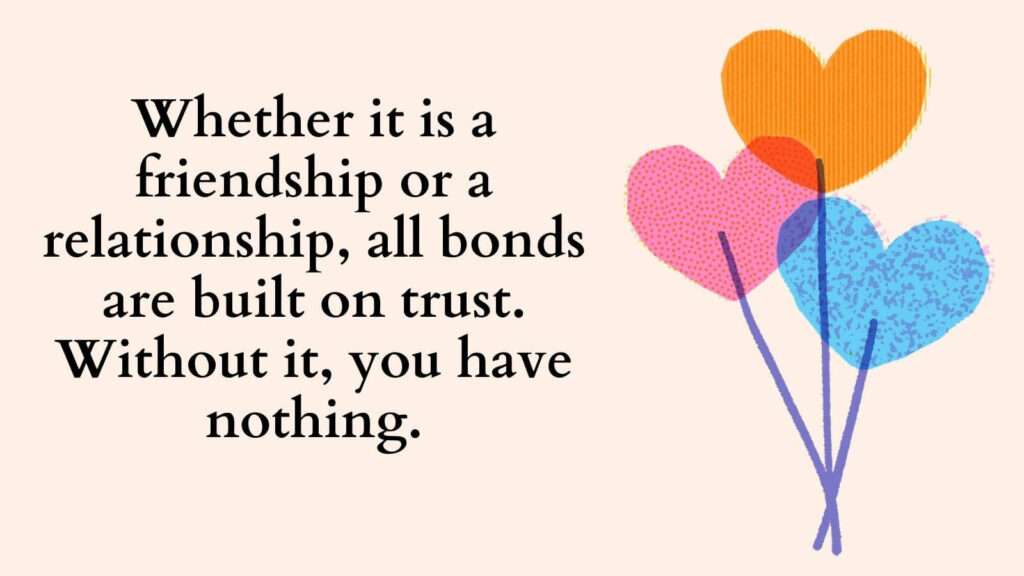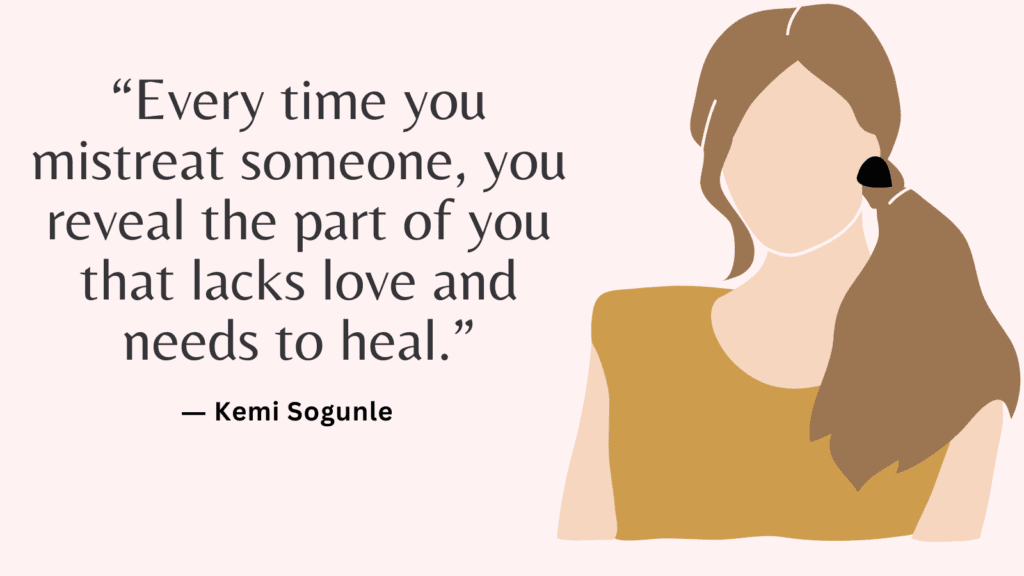Burnout isn’t just about doing too much—it’s about giving more than you can replenish, often without enough protection in place. Boundaries are not walls that shut others out—they’re filters that help you protect your time, energy, and mental space. When used intentionally, boundaries become one of your strongest tools for healing and preventing burnout. Here’s how to use them to regain your balance.
The Link Between Weak Boundaries and Chronic Burnout
When you struggle to set boundaries, your time, energy, and emotions are constantly pulled in directions that don’t align with your needs. This ongoing imbalance doesn’t just cause stress — it’s one of the biggest contributors to chronic burnout.
1. You Say Yes When You Mean No
Without strong boundaries, you agree to things out of fear, guilt, or pressure. This leads to overcommitment — socially, professionally, or emotionally. Over time, your capacity wears down, and even small tasks feel exhausting.
2. Your Energy Becomes Everyone Else’s Resource
People start treating your availability as unlimited. You become the go-to for favors, emotional dumping, or last-minute help. With no limits in place, your energy gets depleted before you’ve even had a chance to tend to yourself.
Related: Top 25 Tips On How To Set Boundaries Without Being Controlling? (+FREE Worksheets PDF)
3. You Feel Responsible for Other People’s Emotions
Weak boundaries often show up as emotional caretaking. You may feel it’s your job to keep everyone happy, even if it means hiding your own stress. Constantly managing others’ feelings while ignoring your own creates emotional fatigue.
4. You Lose Sight of What You Need
When your life revolves around others’ priorities, your own needs go unmet. You might forget what rest feels like, or what it means to do something just for you. This loss of self leads to chronic dissatisfaction and emotional exhaustion.
5. Recovery Becomes Impossible Without Change
Burnout doesn’t just go away with a vacation or a weekend off. If you return to the same boundary-less patterns, the exhaustion comes right back. True recovery requires protecting your energy — and that starts with clear, kind boundaries.
How to Use Boundaries to Reduce Burnout?
1. Identify What’s Draining You Most
Burnout is often a signal, not just a symptom. Ask yourself:
- “Where do I feel most resentful or exhausted?”
- “What obligations feel heavy or non-negotiable?”
Pinpoint the areas that need boundaries first.
2. Set Limits on Your Time and Availability
You don’t have to be reachable 24/7. Start small:
- Block off lunch breaks
- Set “no email” hours
- Say no to extra tasks outside your role
Respecting your own time invites others to do the same.
Related: How to Identify and Set Non Negotiable Boundaries?
3. Use Clear, Kind Communication
You can be firm and respectful at the same time. Say:
- “I’m not available after 6 PM, but I can help first thing tomorrow.”
- “I’d love to help, but my plate is full right now.”
Boundaries don’t need apologies—just clarity.
4. Say No Without Over-Explaining
You don’t owe a five-paragraph essay for protecting your energy. A simple, direct no is enough:
“That won’t work for me.”
The more you practice, the easier it becomes.
5. Protect Your Breaks and Rest
Burnout thrives when rest is treated like a luxury. Guard your downtime like any other commitment. Turn off notifications. Step away. Make rest a non-negotiable part of your schedule.
6. Create Emotional Boundaries at Work or Home
You’re not responsible for fixing everyone’s moods or managing their stress. You can care without carrying. Say to yourself:
“Their emotions are real—but not mine to solve.”
7. Limit Exposure to Energy Drainers
If certain people, platforms, or situations leave you emotionally depleted, it’s okay to step back. You don’t have to be constantly available to everyone who wants your attention.
Related: Top 19 Journal Prompts For Boundaries
8. Make Boundaries With Yourself, Too
Sometimes burnout comes from our own habits—overworking, saying yes too often, or avoiding rest. Set internal boundaries like:
- “I stop working at 7 PM.”
- “I won’t scroll in bed.”
Discipline can be a form of self-respect.
9. Ask for Help When You’re at Capacity
Burnout grows in silence. Share your limits with others and ask for support:
- “Can we share this task?”
- “I need to delegate this—it’s too much right now.”
Asking isn’t weakness—it’s wisdom.
10. Revisit and Revise Boundaries Often
As your life changes, your boundaries will need updates. Check in with yourself monthly:
- “What’s working?”
- “Where do I feel stretched too thin?”
Boundaries aren’t one-time decisions—they’re ongoing self-care.
Related: Top 10 Books About Setting Boundaries

Conclusion
Burnout doesn’t mean you’re broken—it means you’ve been too open for too long without protection. Boundaries aren’t selfish; they’re necessary acts of preservation. When you set them with clarity and compassion, you give yourself the structure to rest, recharge, and rise again—stronger and more sustainable.



